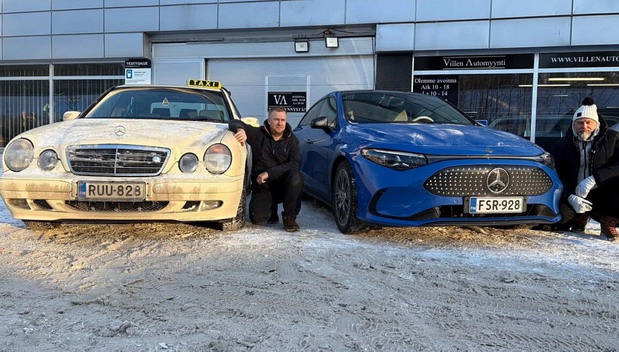AUTONEWS

Contact networks, which for decades provided electricity to trams and trolleybuses, will in the future try to be underground, and the transmission of electricity to the power plant of promising modes of transport will be carried out by electromagnetic induction. Anyway, in Japan, Obayashi and Denso have started testing a similar technology, which by 2025 could be used on city streets.
The main purpose of such systems is the continuous charging of public electric vehicles. Cables and induction circuits will be hidden under the track, which will allow continuous power to the traction battery of the electric bus that travels along the route (in the image above). The latter, due to this support, can be lighter and more compact, improving the vehicle's ability to carry a payload in the form of passengers.
Construction company Obayashi, according to Nikkei Asian Review, has teamed up with auto parts supplier Denso to build a 15km test track at a research center in Tokyo to test the technology for charging electric vehicles on the move without contact. While Denso is responsible for the joint loading infrastructure, Obayashi has developed fiber-reinforced concrete, which allows covering the track-mounted loading circuits with thin enough but at the same time durable tiles that can withstand intensive use in a metropolitan area.
As noted, similar solutions are already being tested by European automakers. The tests in Japan will be carried out until March next year and if the solution proves to be on the best side, the practical implementation work will be carried out until 2025. Obayashi is also working with cable manufacturer Furukawa Electric on a project to lay wires for power chargers along the roads. The development of this infrastructure, according to the participants of the initiative, will contribute to the popularization of electric transport. At the same time, telecommunications will be established, allowing "smart" cars to exchange information with data processing centers at high speeds along the entire route.
Mundoquatrorodas

Nenhum comentário:
Postar um comentário